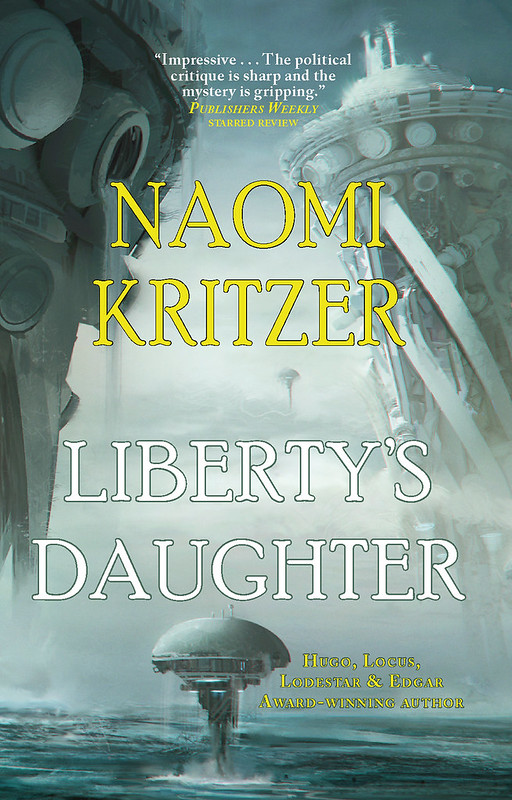
How is the ocean like space? Naomi Kritzer knows, and in her new novel, Liberty’s Daughter, she uses those similarities to the advantage of her tale – and for the adventure her protagonist finds herself on.
NAOMI KRITZER:
Liberty’s Daughter takes place on a seastead – a collection of micronations in human-made structures floating in international waters. I usually tell people that seasteading is real-ish, in the sense that people are actually trying to do it. I don’t usually go on to explain that I first heard the term from my sister, who went to college with Patri Friedman, the main person responsible for popularizing the idea.
Patri describes the idea as “homesteading the high seas” and the thing that’s absolutely fabulous about a seastead from a science fiction storytelling perspective is that the whole concept is just plausible enough to allow for a near-future setting that’s almost as bonkers as a space station. You can have isolation, totally dysfunctional self-governance, defiance of any and all current legal standards, and deeply weird oligarchs running stuff, and you don’t even have to go to the moon. You can stick it on a decaying cruise ship anchored in international waters.
The problem, of course, is cruise ships require a lot of diligent maintenance. Oceans are full of salt, which will corrode every surface it touches, from the bottom of your boat to the instrumentation inside. Preventing a seastead from sinking into the sea would require endless manual labor. Who would do this work? For that matter, which people on a seastead would cook the meals, wash the dishes, care for young children, scrub the toilets? If there’s a tourism industry, who launders the towels? If there’s a hospital, deals with the bedpans?
The people who fantasize about life on a seastead are mostly imagining themselves with a lot more personal power than they have as citizens of the US (or whatever country they live in) – they’re not fantasizing about scrubbing floors. I started thinking about the people on the seastead who would have much less power – because they’re living in precarcity or even debt slavery, or (as in the case of the protagonist) because they’re the teenage child of someone who can wield money and influence to control her.
As I was pondering the setting and possible characters, one of the employees at my grocery store vanished, and everyone pretended she’d never existed…
Liberty’s Daughter: Amazon|Barnes & Noble|Bookshop|Powell’s
Read more at: The Big Idea: Naomi Kritzer

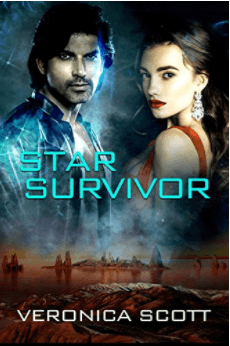
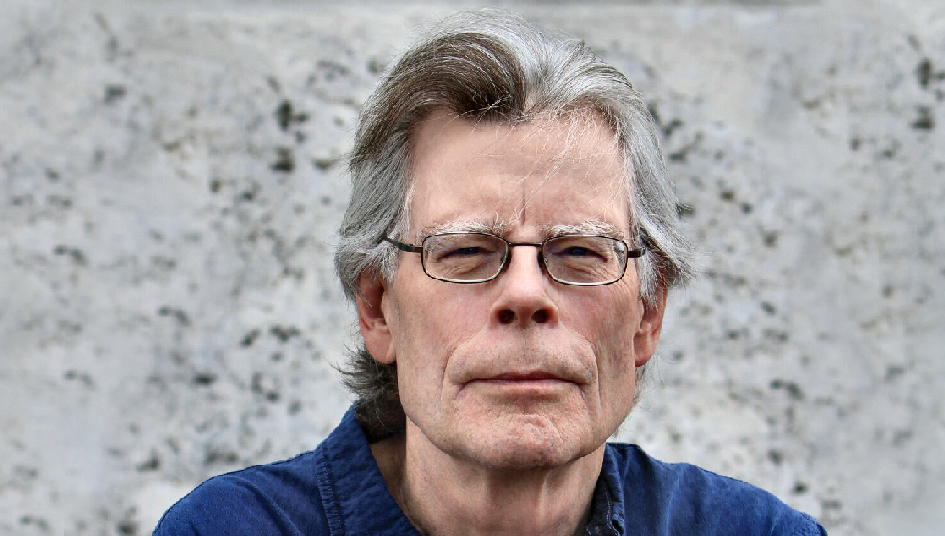




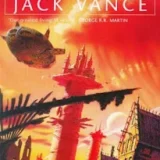
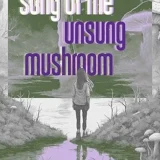

Recent Comments